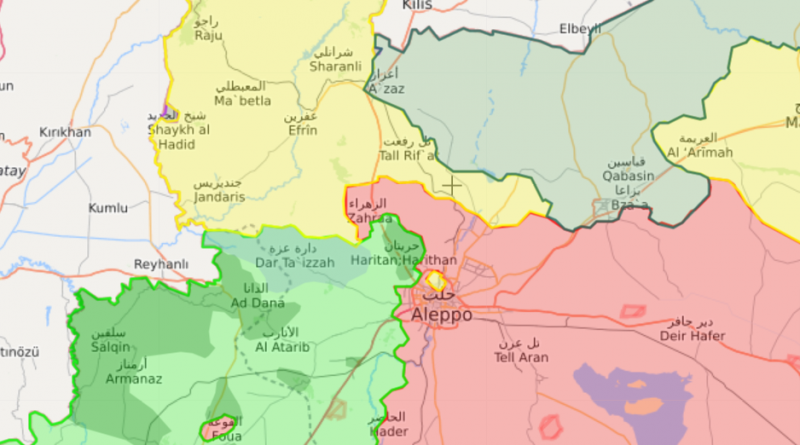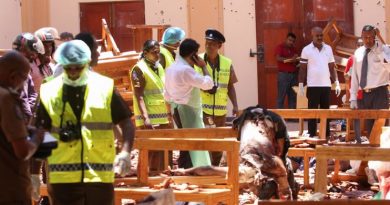Turkish Fight YPG Forces in Northern Syria
By Nathan Purtell
Staff Writer
On Sunday, January 21, Turkish forces began a ground incursion into Northern Syria. The “Operation Olive Branch” consisted of dozens of airstrikes and movements of ground troops in the Afrin region. The villages of Shankal, Qorne, Bali and Adah Manli were captured, according to Turkish state media.
Turkey considers the Kurdish forces to be a terrorist organization, and is posing its operations primarily against the Kurdish forces in the area as counter-terrorism.
Although, recently, US authorities have announced intentions to create a border security force of 30,000 with the Kurdish forces. Turkey has seen this as a threat to its security, and with President, Recep Tayyip Erdoğan, stating that the US was “creating a terror army” along its southern border.
Russia also has shared the sentiment that the US is trying to gain control of the border region with Sergei Lavrov, asserting that the US has been “collaborating with anti-Assad terrorist,” as detailed by the Washington Examiner. Turkish defense forces have declared their purpose to create a 20 mile “secure zone” in Afrin, effectively create a buffer along the border against Kurdish forces.
Despite condemnation from Security Council, Turkish army official, General Hulusi Akar, has vowed the operation will continue “until last terrorist is neutralized”. US Defense Secretary, James Mattis, commented to the Washington Post, that “the violence in Afrin disrupts what was a relatively stable area of Syria,” and that “it distracts from the international efforts to ensure the defeat of ISIS, and this could be exploited by ISIS and al-Qaida, obviously, that we’re not staying focused on them right now.” Though defense department sources confirm that ISIS forces are nearly driven out of Syria, he urged Turkey “to exercise restraint in the military actions and the rhetoric and ensure that its operations are limited in scope and duration.”
With Erdoğan’s recent powers greatly expanded upon, many are afraid of the increasingly authoritarian tendencies of the important MENA country the New York Times reported. The 2016 military coup d’état provided good pretext for a referendum which, according to Al Jazeera, redefined constitutionally the powers of the presidential position, and removed that of the prime minister.
There have been reports of thousands of activist, journalist, and educators imprisoned without due process or trial. Turkish police arrested 70 people since the commencement of “Operation Olive Branch”, accusing them of “spreading terrorist propaganda”.
This military offensive further complicates the multiple years long civil war in Syria, where the Free Syrian Army, Assad forces, and Kurdish forces have nearly driven the Islamic State out entirely. Though, the New York Times has reported, Turkey has had strained relations with Russia – where Turkish forces shot down a Russian jet and a Russian Ambassador was assassinated in Ankara – this military action represents a clear assistance to the goals of the Russian forces, to keep Assad in control of Syrian territory. Russian collaboration has been rewarded with port access to the Mediterranean. The confrontation represents just the latest scramble for influence in the region between Russia and the United States.



